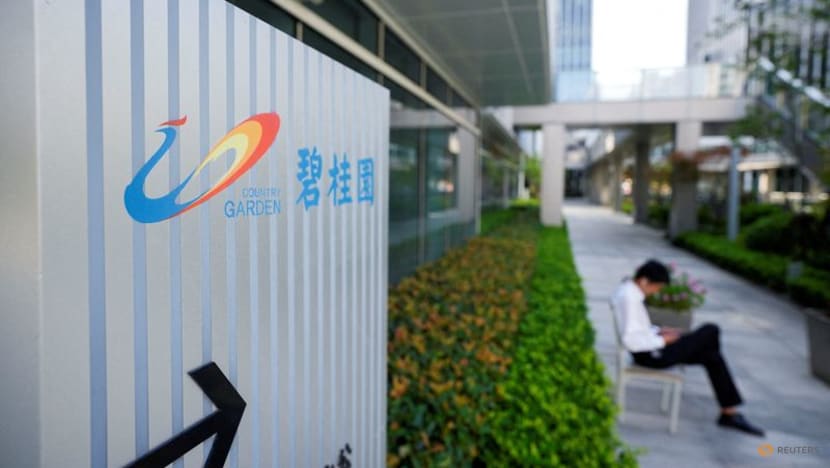SINGAPORE: Default risks are once again flashing in China’s real estate sector.
Country Garden, which was the country’s largest property developer by sales volume before this year, is faltering amid record losses, mountains of debt and missed payments to lenders and workers.
This comes two years after similar woes at Chinese property titan China Evergrande, which ignited rare protests in the country by aggrieved home buyers and retail investors.
For decades, the property sector served as one of the key growth engines of the Chinese economy, accounting for around a quarter of economic output. Intensifying tremors within the sector have inevitably renewed fears about potential spillover effects on the rest of the country’s economy and beyond.
Here’s what you need to know:
What went wrong?
Previously fuelled by economic and population growth, China’s property sector has in recent years fallen on harder times, partly as the domestic economy slowed and housing demand cooled. These challenges deepened during the COVID-19 pandemic which hurt employment and increased income uncertainties.
It was also during this time when the Chinese government moved to rein in the massive debt accrued by the industry’s biggest players over the decade-long building boom.
In August 2020, Beijing rolled out a “three red lines” policy, a trio of metrics on debt that developers have to meet if they want to borrow more. These essentially tightened conditions for developers to access credit.
Unable to borrow and struggling to sell apartments, developers that had been operating far outside the “three red lines” were thrust into a severe cash crunch, resulting in unfinished homes and unpaid suppliers and creditors.
